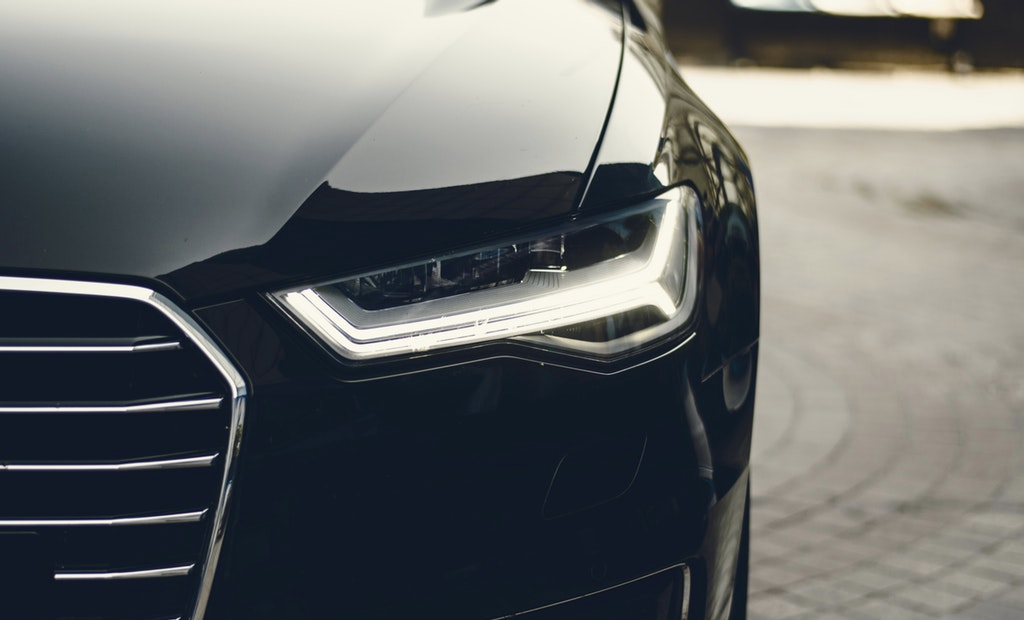Purchasing your dream car: Top tips

If you’re in the market for a new motor, take a look at our handy guide to purchasing your perfect car.
Something old, something new…
Before you even visit a dealership, you should decide whether you’re looking for a new or used vehicle. This will narrow your search, saving you a considerable amount of time.
New cars are perfect if you’re looking for a recently released vehicle without an extensive history. You can choose the specification and added extras you require, and you may even be able to take advantage of special purchase offers and deals.
However, problems with new cars can be expensive to fix, as issues are usually not just a case of wear and tear. The value of the vehicles is often heavily impacted by depreciation too.
Used cars are normally more affordable than new vehicles. In addition, extended warranties mean your car could still be covered for replacement parts, giving you peace of mind should a breakdown occur.
On the other hand, it is sometimes difficult to ascertain a car’s history and you could end up with a poor deal if the seller isn’t completely truthful about the car’s performance.
Making the choice
Once you’ve decided on the condition, you’ll need to start thinking about the car itself.
At this stage, it’s important to consider your individual needs. This will prevent you from getting distracted at the dealership — yes, the two-seater sports car is nice, but is it suitable for a family of five?
Write a list of everything you require from a car and take it with you when you visit the dealership. As you look around, ensure the vehicle meets your criteria.
Test drive
Test driving a vehicle will give you an idea of how well it handles and performs on the road. It is especially important when purchasing a used vehicle, where issues may be underlying.
Buy it
Once you’ve fallen in love with a car, you’ll need to secure the deal. There are many options available to fund your purchase, so you can still buy your dream car even if you haven’t got a bulging savings account.
As there are a variety of financial options on the table though, you’ll need to understand the different types so you can make the right choice:
- Personal loan — borrowing money from a bank or building society.
- Hire purchase — This involves paying a deposit and monthly payments for the car. You will only own the vehicle once the final payment has been made.
- Personal contract purchase (PCP) — This works in much the same way as hire purchases, except at the end of your contract, you can return, keep or trade in the car. If you decide to keep the car, you are often required to make a one-off payment.
- Personal contract hire (PCH) — By choosing this option, you agree to rent the vehicle for a given amount of time, returning it on expiry.
After securing finance and signing on the dotted line, all that’s left to do is drive away in your new car.
The editorial unit




















Facebook
Twitter
Instagram
YouTube
RSS